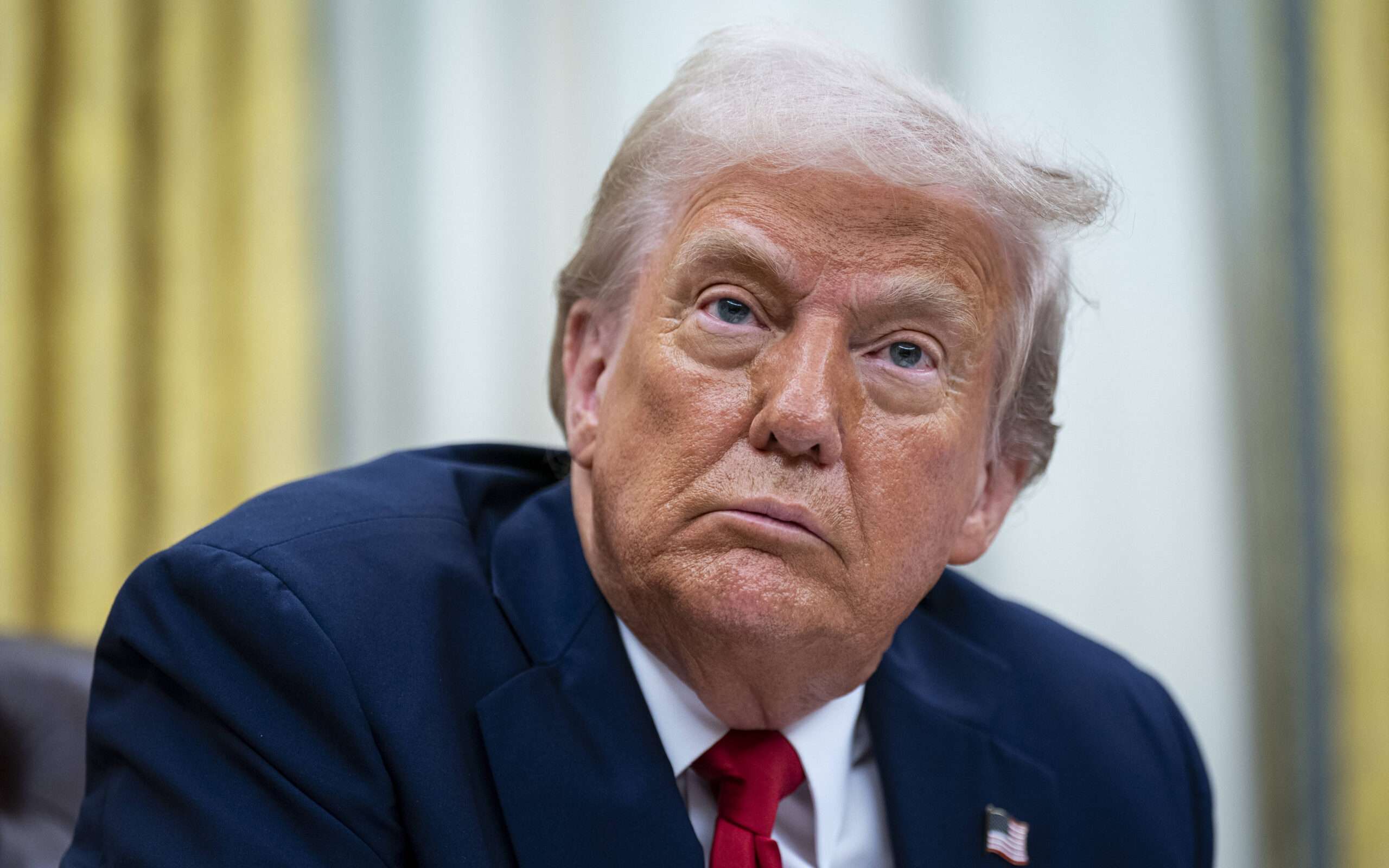Trade Tensions: Uncertainties Cloud Economic Horizons
As global trade tensions rise, the IMF cautions about an economic slowdown, emphasizing the impact of tariffs and urging cooperation to navigate this challenging landscape.
Published April 18, 2025 - 00:04am

Image recovered from arabnews.com
The International Monetary Fund (IMF) has raised alarms about an impending economic slowdown brought about by escalating trade tensions that have shaken the global trading landscape. Despite these disruptions, a global recession is being ruled out, assured the IMF's Managing Director, Kristalina Georgieva, addressing the ongoing trade uncertainties, spearheaded largely by the U.S. under the administration of President Donald Trump.
Amidst this turbulent environment, IMF forecasts are being amended downward, factoring in heightened uncertainty and financial volatility triggered by renewed protectionist policies. The U.S. has introduced sweeping tariffs, imposing a 10 percent duty on goods from various countries, resulting in retaliatory actions by economically significant partners like China and the European Union. This tit-for-tat trade war has heightened market volatility, perpetuating a state of 'off the charts' uncertainty globally.
Georgieva conveyed her concerns at the IMF headquarters in Washington, ahead of her participation in the spring meetings of the IMF and World Bank. She highlighted that trade tensions, which had been on the boil for some time, were now at a fever pitch, causing grave disturbances in the global economic flow, impacting financial markets significantly.
The IMF's latest economic outlook, expected to be unveiled shortly, will delineate these shifting dynamics. While these disruptions paint a concerning picture for global economic health, the IMF posits that a recession remains off the table, with productivity losses balanced against potential boosts through inward investment and job creation in the long term.
Despite such optimism, the road to economic stability remains fraught with challenges. The IMF's projected global growth rate, previously envisioned at 3.3 percent for both 2025 and 2026, is now under revision, factoring in prolonged uncertainties and the far-reaching impacts of the U.S. tariff strategy. Recent shifts in U.S. Treasury yield curves further underscore looming instability in financial markets, with Georgieva urging a concerted effort towards stabilization and cooperation.
Key to navigating this storm is the need for countries to uphold sound economic and financial reforms. Georgieva implored nations to respond sagely to these sweeping changes, underscoring the imperative of maintaining agile monetary policies and robust financial market oversight. For emerging markets, flexibility in exchange rates and reinforced aid flows from donor countries to vulnerable low-income nations are critical in cushioning the economic blow.
Addressing international relations, Georgieva promoted the essence of cooperation in this multipolar world, emphasizing the need for major economies to find a middle ground that sustains open markets and fosters a global environment conducive to lowering tariffs and dismantling trade barriers. With a focus on inclusivity, the IMF called for a collective effort to fortify a world economy increasingly susceptible to frequent and severe shocks.
Protectionism, while offering potential short-term domestic gains, represents a significant long-term threat, particularly to smaller economies. Georgieva cautioned about its pernicious effects, noting that while larger economies might eventually benefit through inward investments and job creation, smaller nations bear the brunt, facing productivity erosion and diminished entrepreneurial vitality. In the midst of these pressing challenges, the IMF persists in its commitment to guiding nations through economic reforms and leveraging cooperation as a tool to restore global stability and growth.






